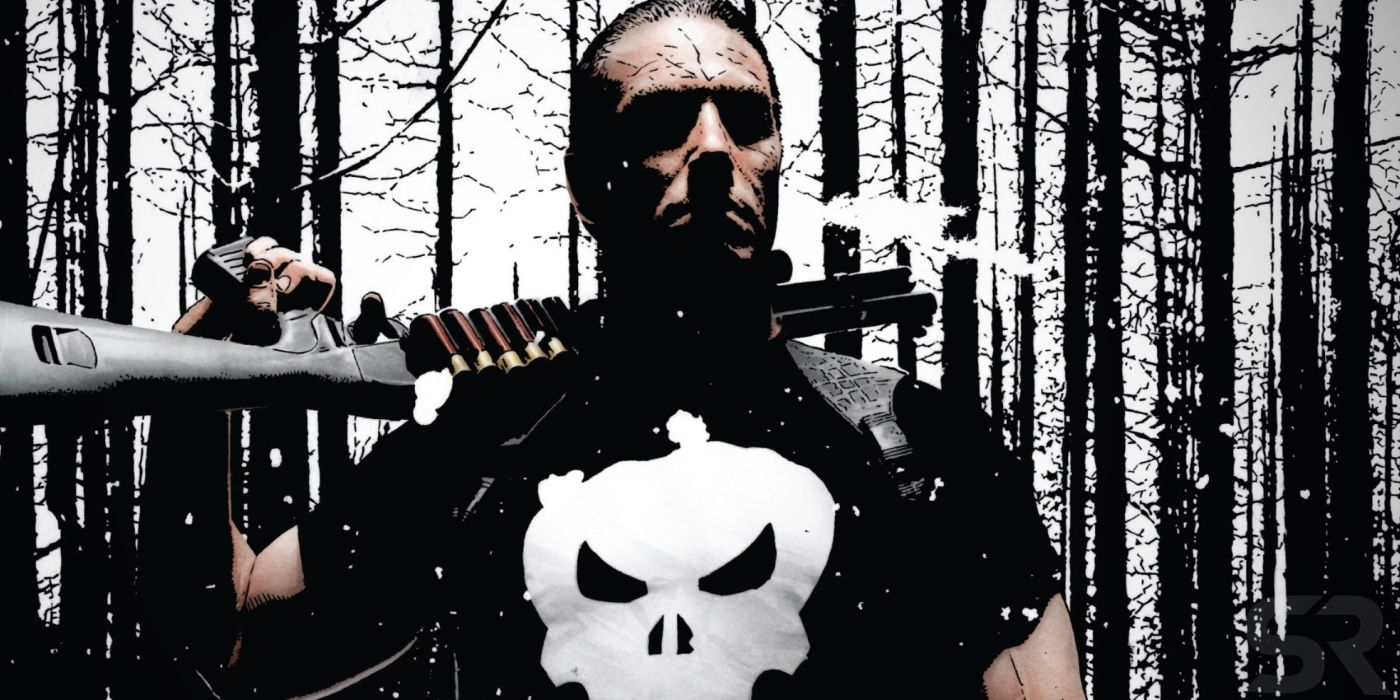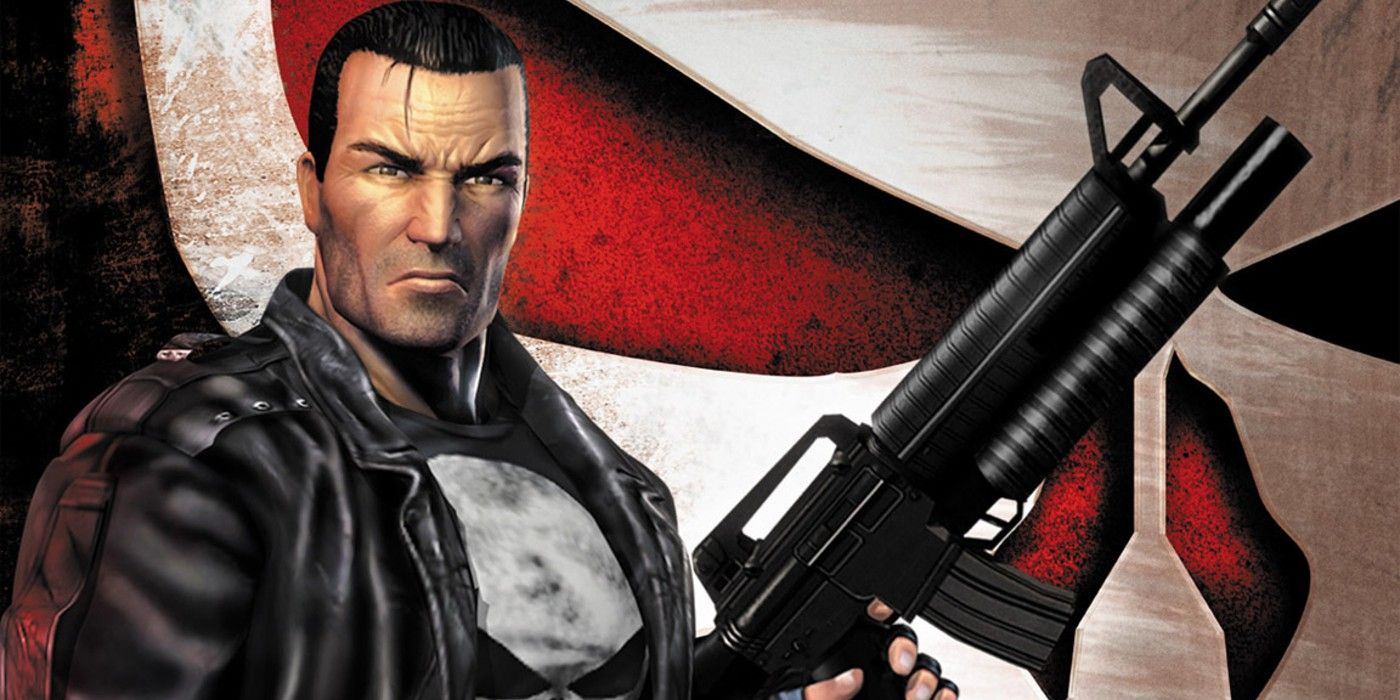The Punisher is a character who has always felt a little out of place in Marvel comics. Frank Castle usually inhabits his own corner of the universe, separate from the Norse gods, radioactive spiders and mutants that make up the rest of Marvel. Despite this, there are some people who still view the Punisher as a traditional hero like Captain America or Spider-Man, even when the creator of the character himself disagrees. These misconstrued feelings are probably due to his very sympathetic backstory - losing your entire family to the mob is bound to drive almost anyone crazy. But when someone asked the Punisher himself why he continues his murderous vigilantism, Frank will admit that's not why he became a killer. Because the Punisher has another, much darker reason for starting his war on crime.
When talking about Punisher comics it's almost impossible not to mention Garth Ennis, the Irish-American comic book author considered by many to be the greatest Punisher writer of all time. Ennis was also responsible for co-creating the comic book version of The Boys back in 2006, so he's no stranger to gory violence and superhero satire. Under Ennis' direction, he revitalized the character after the poorly received 1998 run where, for some reason, Frank Castle acquires the powers of an Angel and starts working directly for heaven.
Garth Ennis (along with artist Steve Dillon) made the Punisher a more realized, three-dimensional character, but they never made the mistake of portraying him as a good person doing good things. In fact, it was under Ennis that Frank verbally confesses that his one-man war on crime was never about the death of his family at all.
In The Punisher Vol. 5, a 12-issue run by Ennis and Dillon, Frank Castle returns to New York to continue his never-ending assault on organized crime. The comic mixes violence and dark humor as it follows the Punisher's efforts to take down the Gnucci crime family, but along the way, Frank also had to hide his Punisher identity from some good-hearted neighbors he finds himself living next to. One such neighbor is a shy woman named Joan the Mouse, who would accidentally stumble upon Frank's weapons cache and his wounded body in The Punisher #7. When Frank recovers from his injuries in the next issue, Joan asks him why he decided to dedicate his life to killing "bad people." Rather than talk about revenge or his family, Frank gives a much more truthful response: "I hate them and I want to kill them." This prompts a confused Joan to say that she thought he killed to protect people like her.
This simple, one page exchange perfectly captures Ennis' take on the Punisher as a character. Yes Frank will occasionally help people, but it's always incidental. Because, for the Punisher, his war on crime isn't about protecting people or even reducing crime - it's about his own personal bloodlust. According to Ennis, the Punisher is a soldier at heart and his war on crime is a continuation of the battles he fought in Vietnam because, as a soldier, he doesn't know how to quit fighting. Ennis would explore this idea again but more in-depth when he later wrote Punisher: Born with artist Darick Robertson in 2003. Moments where Frank admits that he kills out of hatred showcase how The Punisher isn't a superhero at all, but a damaged man fighting a war he's destined to lose.


